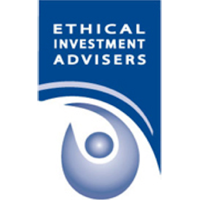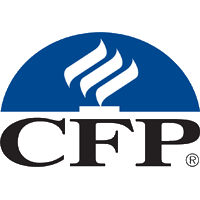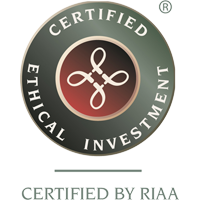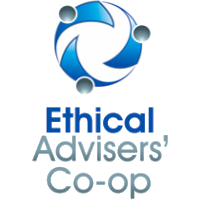When you choose your investments based upon your personal principles instead of profitability alone, you are acting as an ethical investor. Ethical investors look at the practices of a company or fund before considering it as an investment. You should consider factors like a company’s impact on the environment, its relationship with its labor force or its interaction with the local community. If you care about how your investment will be used, and what kind of impact it will have on the wider world, then you are an ethical investor.
To understand ethical investment, it’s important to also understand how every investor can behave as an ethical investor. To invest ethically is to…
Support companies who share your values
Everyone has values. If you know the values that are more important to you, then it makes sense that you would also care about investing ethically. Ethical investors feel a sense of personal responsibility for how their investments make money. Most Australians would not deliberately choose to invest with companies that exploit children or pollute the environment. But often that is just what happens if you don’t ask where your money is invested. Ethical investors know that some companies have poor environmental and labor practices. They want to avoid these companies and put their money with businesses who are doing the right thing. By investing with companies who share your values you can successfully invest ethically.
Hold companies accountable
Even after your initial investment, ethical investors continue to hold companies accountable. You may choose to withdraw an investment from a company that has recently acted irresponsibly. Ethical investors know that irresponsible corporate behaviour does not bode well for share prices. You may instead choose to write a letter to the company. By writing letters to companies, either as an individual or with other investors, you can ask companies to improve their operations, and avoid certain business practices. By having open and clear communications with companies, ethical investors feel empowered as investors. This means that you will often be more informed of the plans and operations of your investments. Which means you can better make decisions on whether you remain invested, or divest.
Enjoy better returns!
That’s right. Ethical investment funds have outperformed mainstream funds—not just this year, but for the past 10 years! (Source: ABC NEWS, Ethical Investment funds outperforming mainstream counterparts: study, 25 July 2017). The latest research from the Responsible Investment Association Australasia again shows that Australian share funds have actually outperformed their mainstream peers over the last 10 years. Most of these better-performing investments are focused on ethical sectors such as clean energy and health care. Whilst avoiding weapons, tobacco, gambling, and fossil fuels. Ethical investors know that cleaner, greener investments are better for the planet and they also make better economic sense as long-term investments.
Start investing ethically, today
Investing ethically is taking off. In Australia today, $1 in every $2 invested has some form of ethical or responsible investment strategy. You can invest ethically too! If you aren’t sure where to invest ethically, a specialist ethical investment adviser will build and maintain an environmental and socially responsible portfolio based on your values and financial needs. We make it simple and rewarding to invest ethically.









